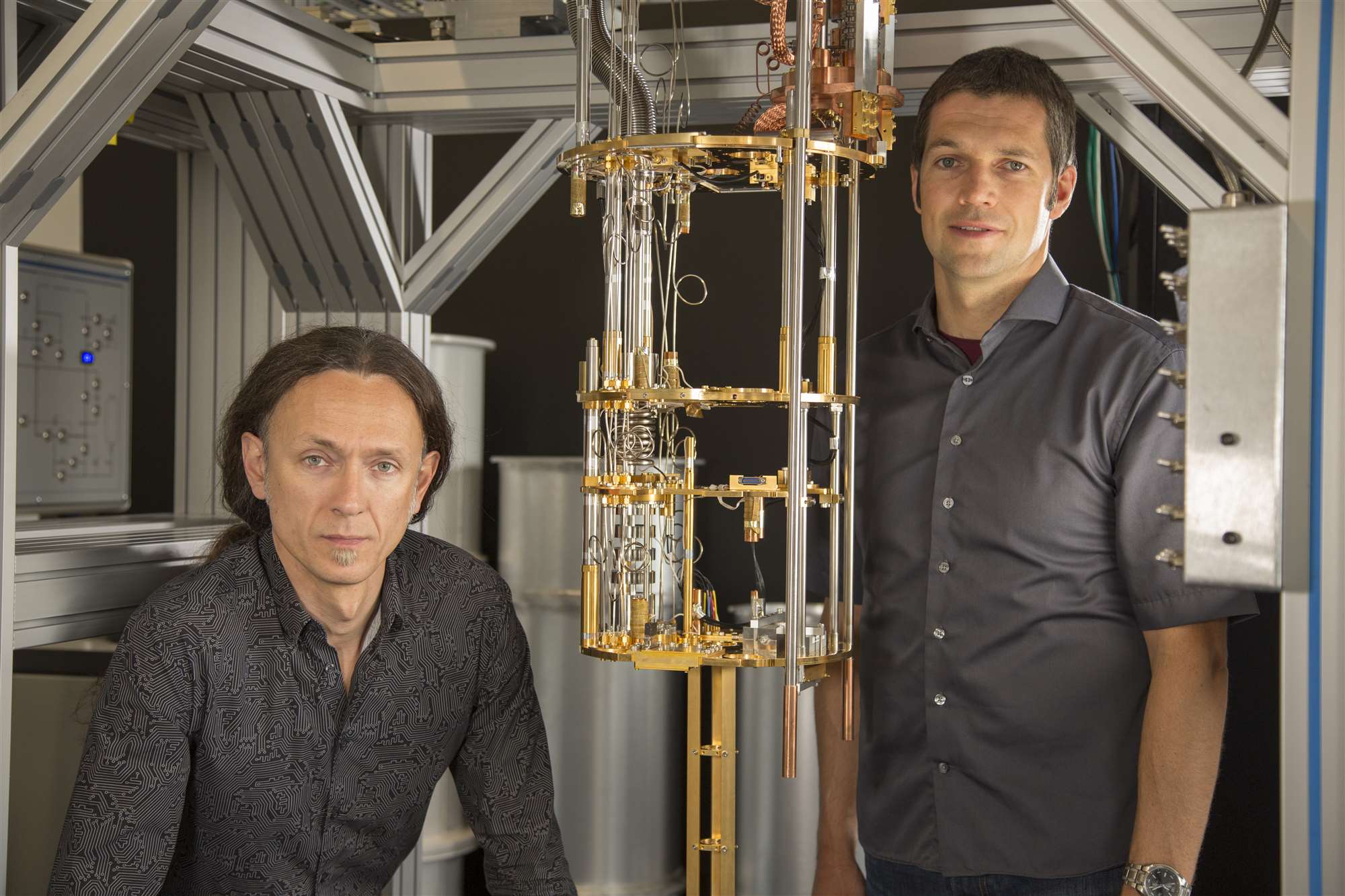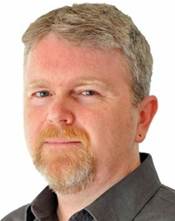Australian researchers are building a silicon-based quantum computing integrated circuit, forging ahead in the space race of the 21st century, thanks to a $70 million research deal between UNSW, the Federal government and the private sector.
Boosted by $10 million pledges from Telstra and the Commonwealth Bank, the research deal aims to build a silicon-based quantum computing chip able to tackle challenges which are beyond the capabilities of traditional supercomputers. Potential applications include powering artificial intelligence, designing drug molecules, processing big data sets and calculating the large factors used in high-level encryption.
The quantum computing project is made possible thanks to a breakthrough by a UNSW research team which lead to a ten-fold increase in the stability of quantum bits or "qubits" – the building blocks of quantum computing which rely on the orientation of a single atom to indicate a 1 or 0.
The nature of quantum physics means that qubits can hold multiple states simultaneously, acting as both 1 and 0, which allows quantum computing to process multiple outcomes simultaneously. Algorithms designed to exploit this effect allow quantum computers to dramatically reduce the number of steps required to solve a problem.
For example, searching through a telephone directory with one million listings to find a specific phone number would traditionally take an average of 500,000 attempts – half of 1 million – to find the correct number. Using quantum computing this could be reduced to only 1000 attempts – the square root of 1 million – or even fewer.
One key challenge with quantum computing is that qubits are highly susceptible to interference and only remain stable for milliseconds, limiting their potential for practical computing applications. The new process developed by the UNSW team involves suspending a phosphorus atom in a strong electromagnetic field, inside a silicon chip, to improve a qubit's stable lifespan ten-fold.
The announcement comes as a research team leader Andrea Morello was recently awarded the American Physical Society's inaugural Rolf Landauer and Charles H. Bennett Award in Quantum Computing. Morello was awarded the prize “for remarkable achievements in the experimental development of spin qubits in silicon" as his team was the first in the world to demonstrate the read/write capabilities of the quantum state of a single electron using silicon.
Australia is well-placed to lead the way in what is shaping up to be the space race of the 21st century. Silicon-based chips are not the only way to tackle quantum computing and Morello expects other countries to beat Australia to the "quantum supremacy".
Morello's team is looking beyond this to working towards quantum computing's equivalent of the moonshot, believing that silicon-based chips are the best bet for reaching the point where quantum computing can tackle challenges which are far beyond the capabilities of traditional computers.
Compared to the space race, today's quantum computing researchers are building impressive rockets and Morello expects within 12 months we'll see the equivalent of putting a man in space – a "Yuri Gagarin moment" when we reach quantum supremacy and quantum computers can out-perform traditional computers.
"In the short-run there are other groups and other physical choices for making quantum bits that are ahead of us, so I'm pretty confident that the quantum supremacy will be achieved outside of Australia by people who are not working with silicon," Morello says.
"Looking at it like the space race, others will reach orbit before us – achieving quantum supremacy – but we've stuck with silicon because we think it has the best prospect in the long-run. Using silicon we might touch the Moon first – be the first to build a quantum computer which can handle computing tasks which are currently impossible – I'd give it another five years at least, perhaps ten."
The $70 million research deal is a major shot in the arm for Australian quantum computing research, as other nations also ramp up their funding in race to develop quantum computing. There is no doubt that quantum computing can deliver on its promises, Morello says, it's simply a question of time and adequate resources.
"Until two or three years ago quantum computing research was mostly done the way we've been doing it – with one professor, a couple of students and a couple of research associates working hard with academic-level funding," he says. "You can certainly make some progress that way but now things are ramping up as big corporations like IBM, Google, Microsoft, Intel and others come into the game with serious funding."
"This Australian deal is pouring $70 million into silicon-based quantum computing which is the kind of money you need to make the next step – as the level of investment goes up the rate of progress accelerates accordingly and Australia is certainly in a strong position to lead the world when it comes silicon-based quantum computing."










